Most Americans Agree, There Should Be an Age Cap for Elected Officials
A significant conversation revolves around the idea of setting age limits for elected officials in the United States. A recent Pew Research Center survey indicates that 79% of Americans favor the implementation of maximum age limits for federal elected officials in Washington, D.C.
Additionally, 74% support such limits for Supreme Court justices, sparking debates about whether age should play a role in politics.
Bipartisan Support for Age Limits
This discussion on age limits transcends party lines. A majority of both Republicans (82%) and Democrats (76%) express support for establishing maximum age limits for elected officials in Washington, D.C.
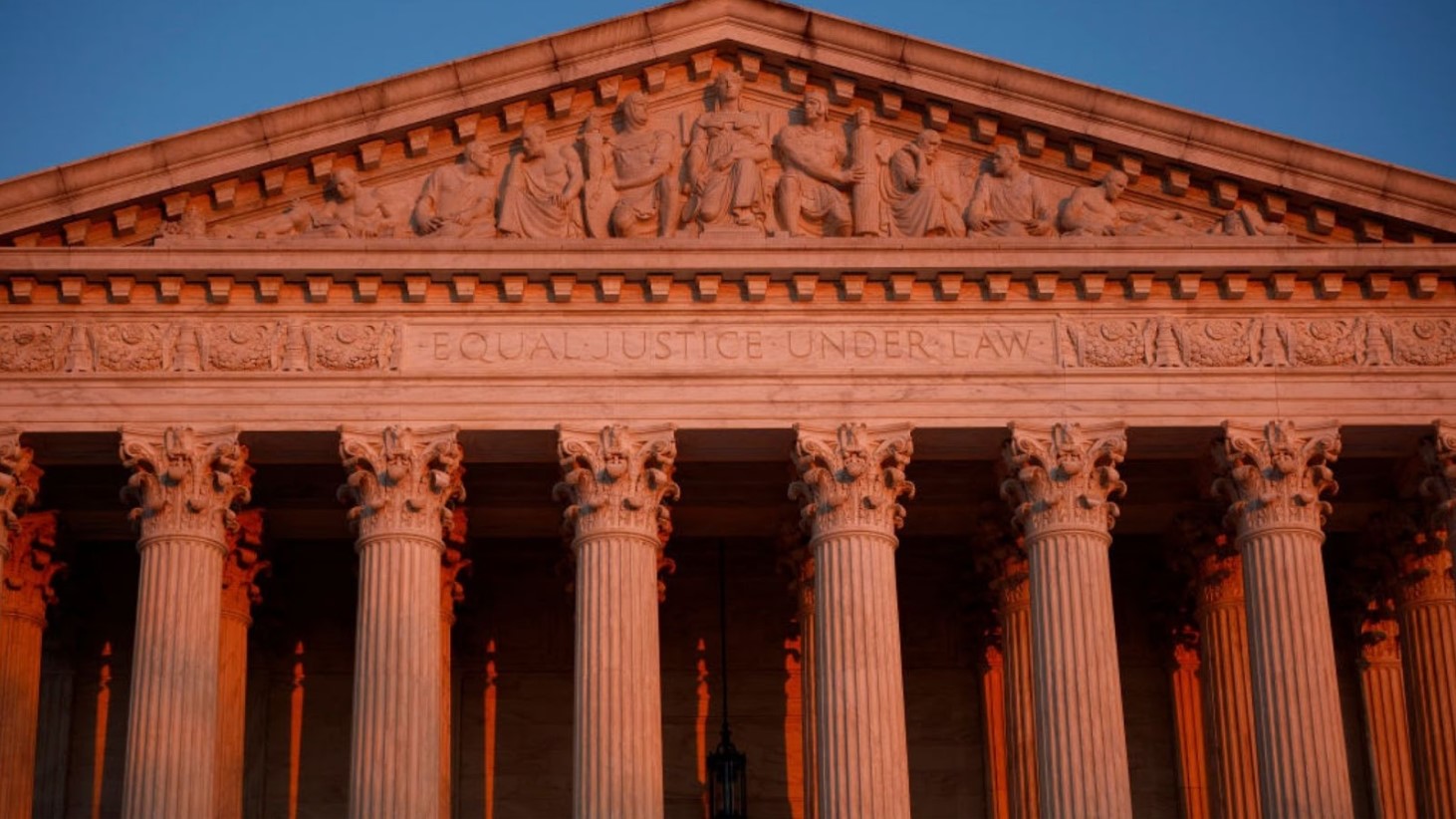
Source: Getty Images
On the issue of age limits for Supreme Court justices, 82% of Democrats and 68% of Republicans also favor such limits, emphasizing the bipartisan consensus on this topic.
Constitutional Amendments Required
Currently, the U.S. Constitution defines minimum age requirements for presidents, senators, and representatives but does not specify maximum age limits for any federal office. To introduce maximum age limits, a constitutional amendment would be necessary, which is a challenging process.

Source: Getty Images
Amendments demand approval by a two-thirds majority in both the U.S. Senate and House, followed by ratification from three-quarters of the states. This poses a substantial hurdle to any proposed changes.
Ideal Presidential Age
Public opinion on the ideal age for a U.S. president varies. A mere 3% of Americans believe that a president should be in their 70s or older.
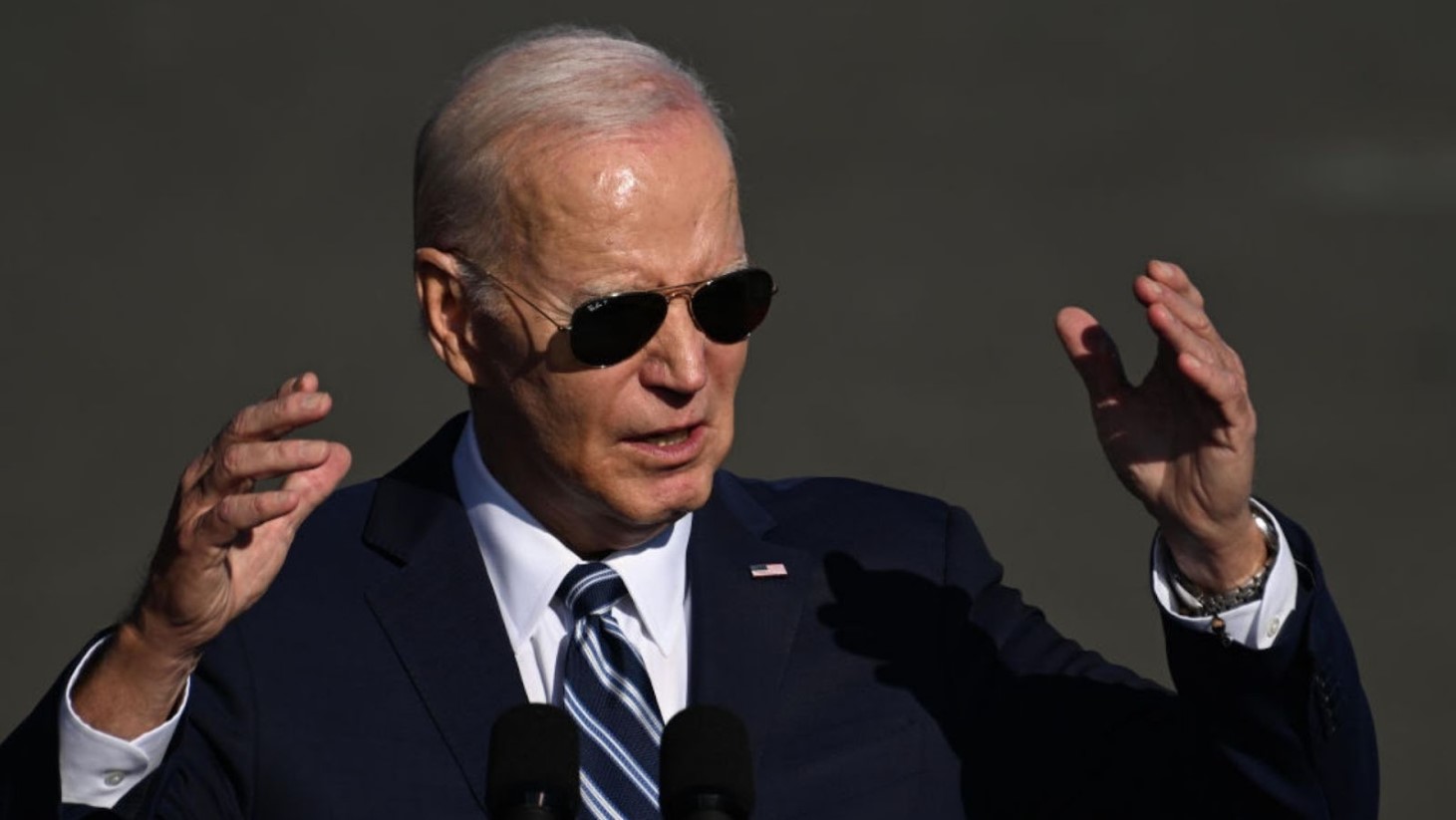
Source: Getty Images
In contrast, 49% prefer a president in their 50s, while 24% favor someone in their 60s. These statistics reflect a prevailing sentiment that younger presidents may be more suitable for the role.
The Age Factor on Capitol Hill
Age considerations extend beyond the presidency. Recent incidents on Capitol Hill demonstrate the importance of addressing the age of elected officials.
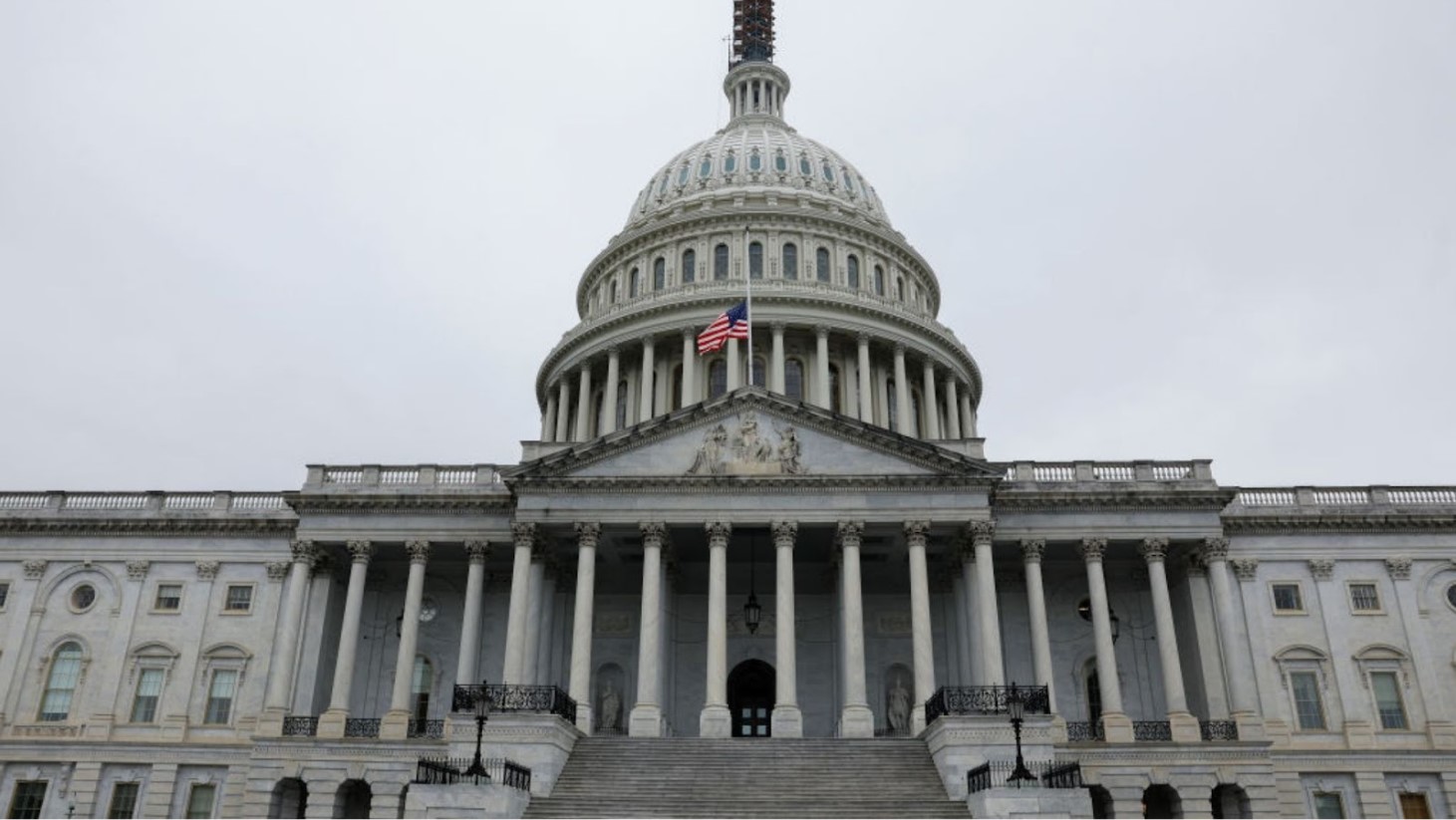
Source: Getty Images
This includes the passing of Senator Dianne Feinstein and Senate Minority Leader Mitch McConnell’s health episodes.
Senator Chuck Grassley
Senator Chuck Grassley, the oldest member of Congress at 90, has undoubtedly contributed significantly to the political landscape throughout his career.
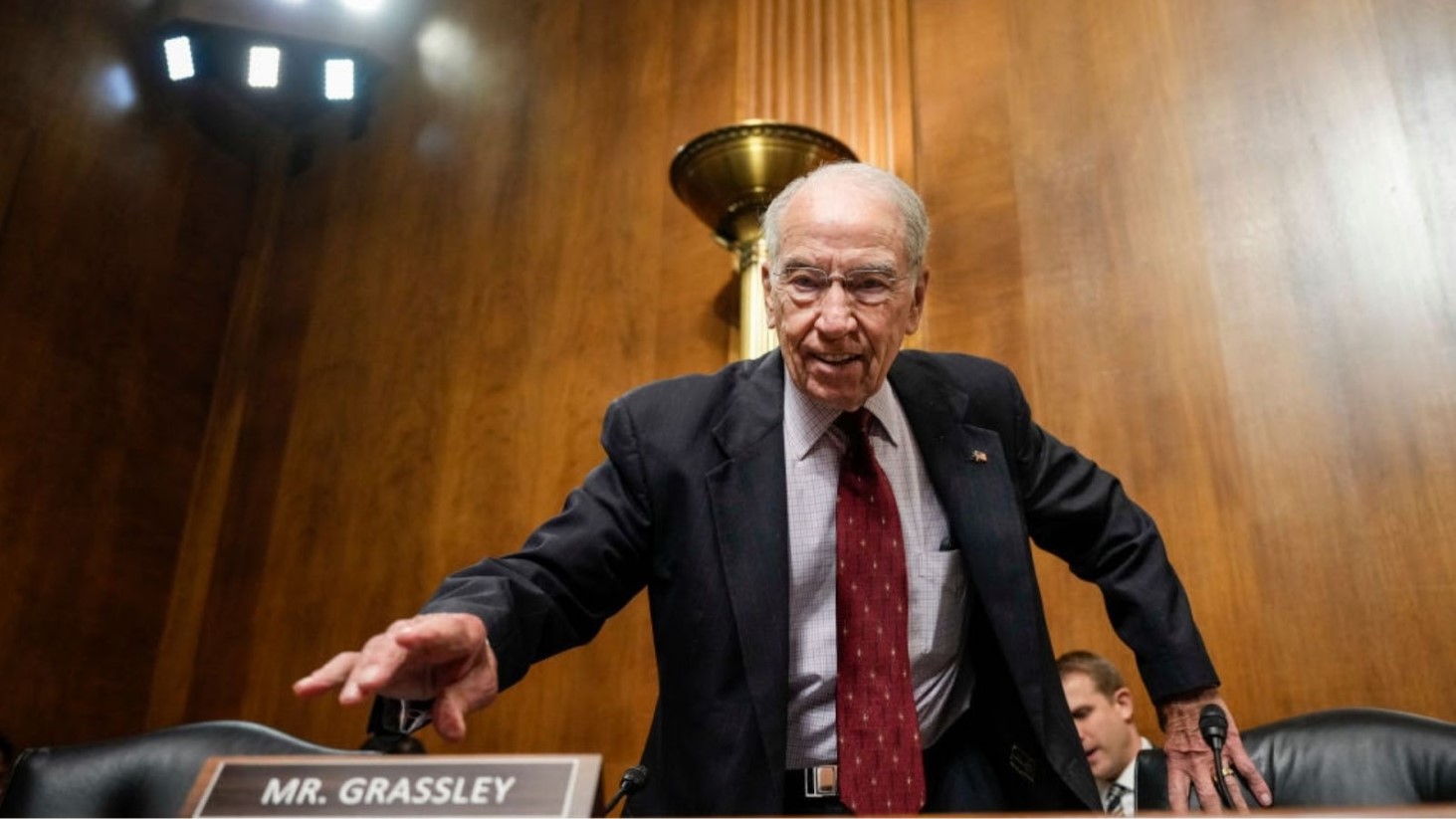
Source: Getty Images
However, recent health setbacks, such as his hip injury, should serve as a stark reminder of the potential risks associated with older officials serving in high-pressure roles. While experience is valuable, it cannot always compensate for the physical and mental challenges that come with age.
Representative Grace Napolitano
Representative Grace Napolitano, at the age of 86, experienced a minor hemorrhagic stroke during a campaign event in 2016.
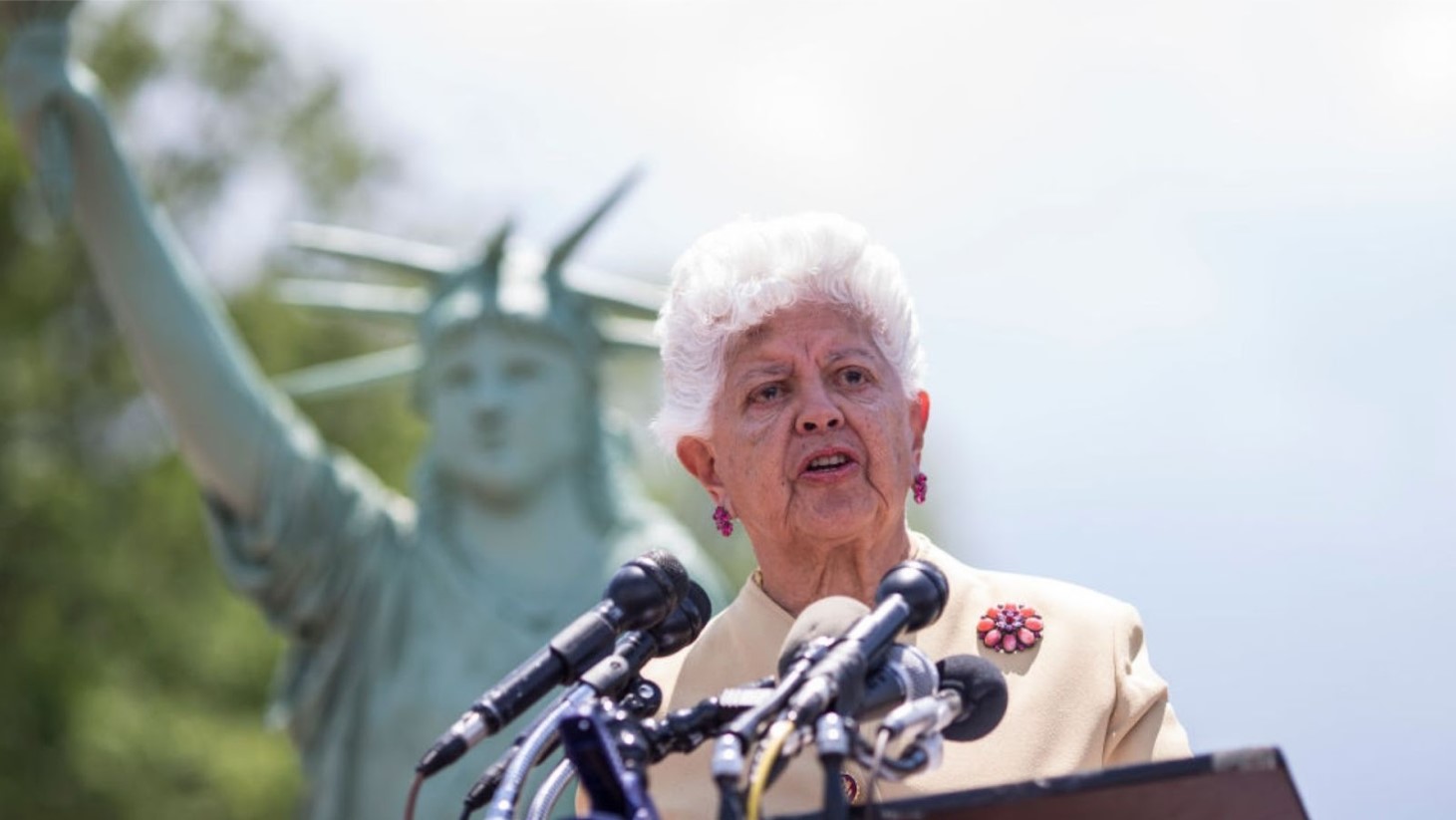
Source: Getty Images
This incident vividly illustrates the health vulnerabilities that can accompany older officials. It is not a matter of questioning their dedication or commitment, but rather recognizing the undeniable fact that age-related health issues become more prevalent.
Senator Mitch McConnell
Senator Mitch McConnell, with his wealth of experience, has made a notable mark in the annals of American politics. However, his moments of freezing up during speeches are not isolated, prompting a more nuanced examination of the interplay between age and effective communication – a crucial aspect of leadership.
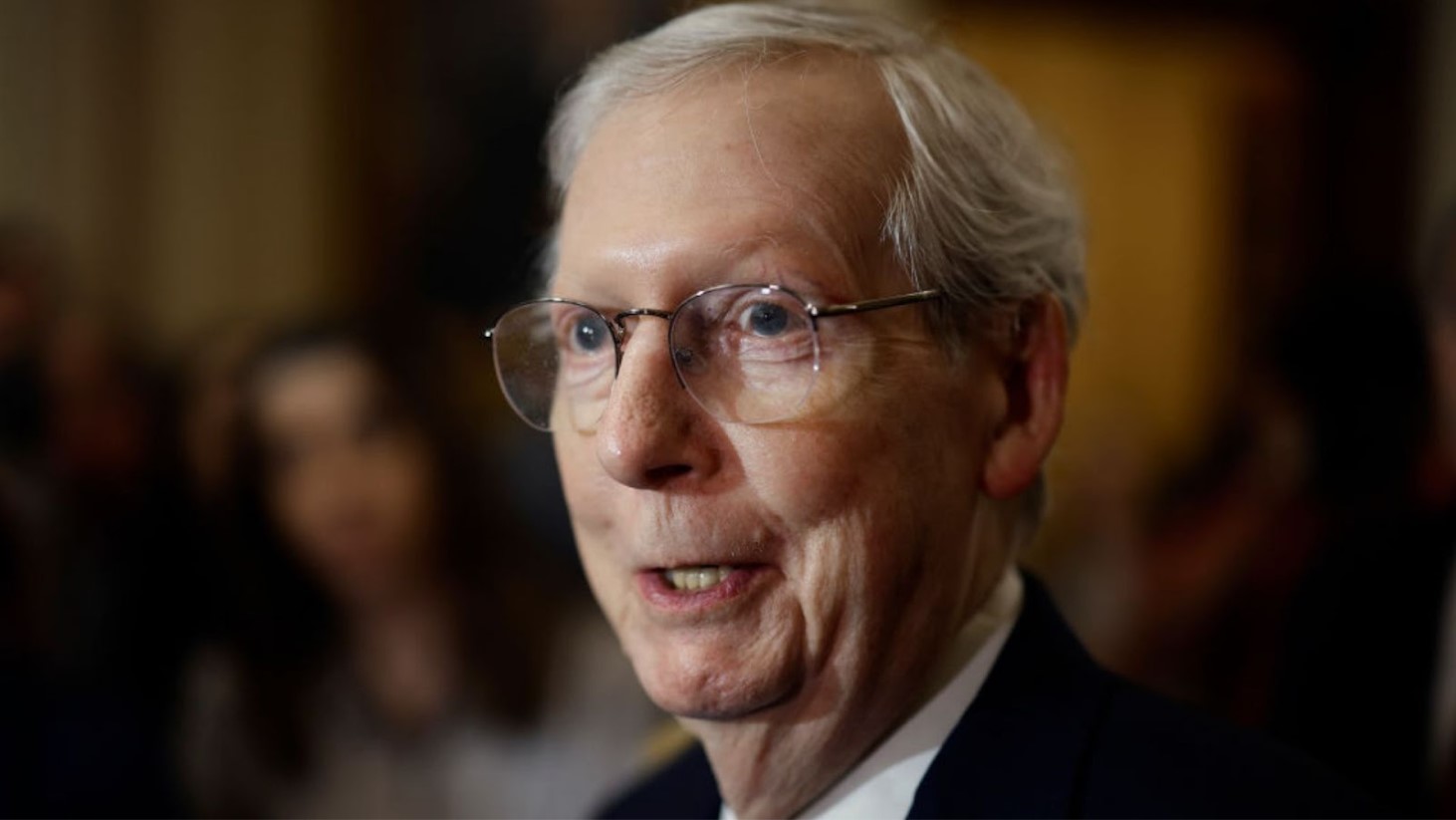
Source: Getty Images
These instances where Senator McConnell has momentarily stalled in articulation illuminate the natural cognitive and physical challenges that come with aging.
Representative Bill Pascrell Jr.
Representative Bill Pascrell Jr., now 86, has expressed his intention to pursue a 15th term in 2024.
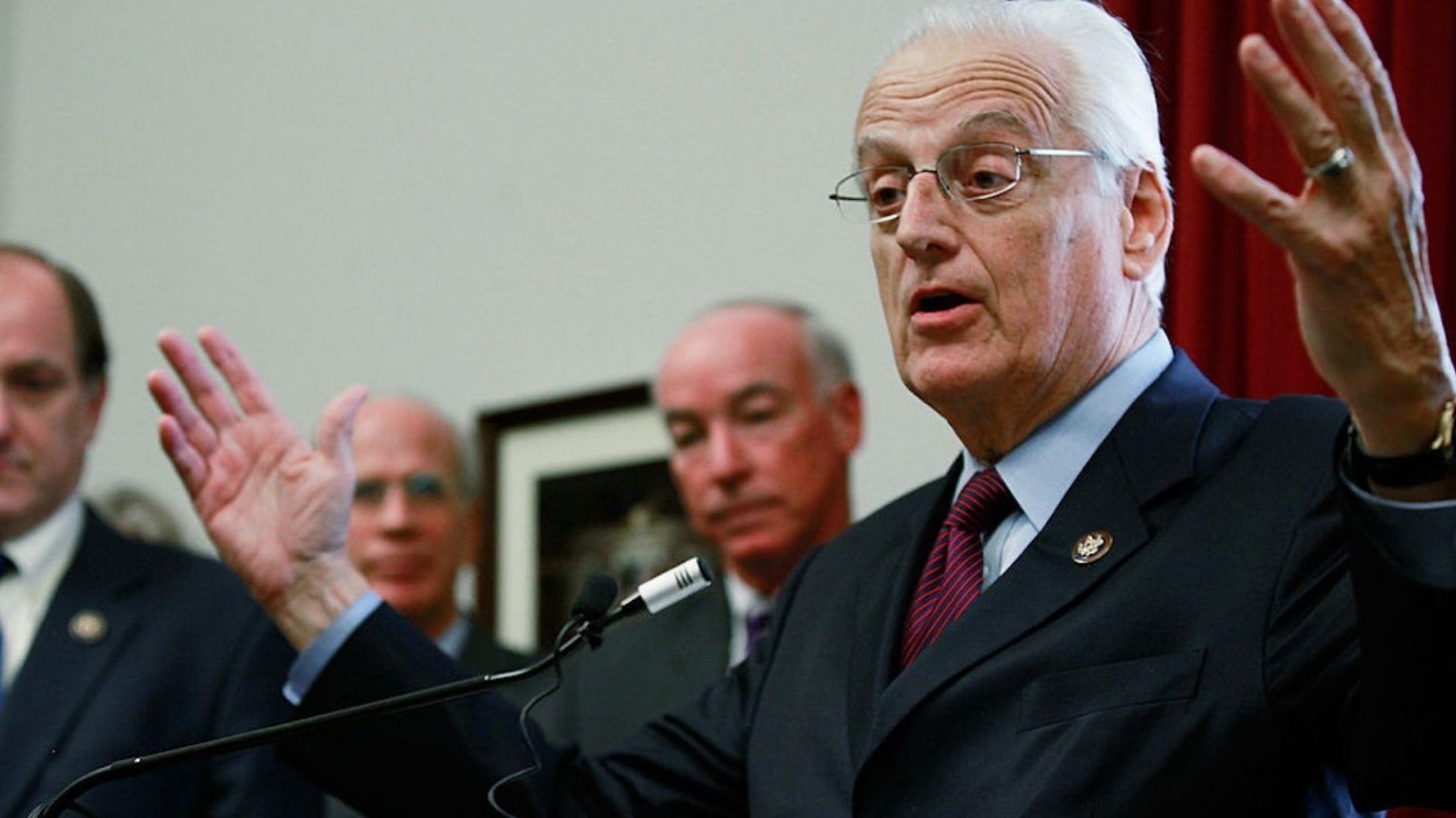
Source: Getty Images
While his dedication to public service is undeniable, his continued presence in Congress emphasizes the necessity of age caps to encourage the emergence of a new generation of leaders.
President Joe Biden
At 81, President Joe Biden’s occasional physical stumbles and speech hesitations are not isolated incidents but symbolic of the broader challenges associated with being an older government official.
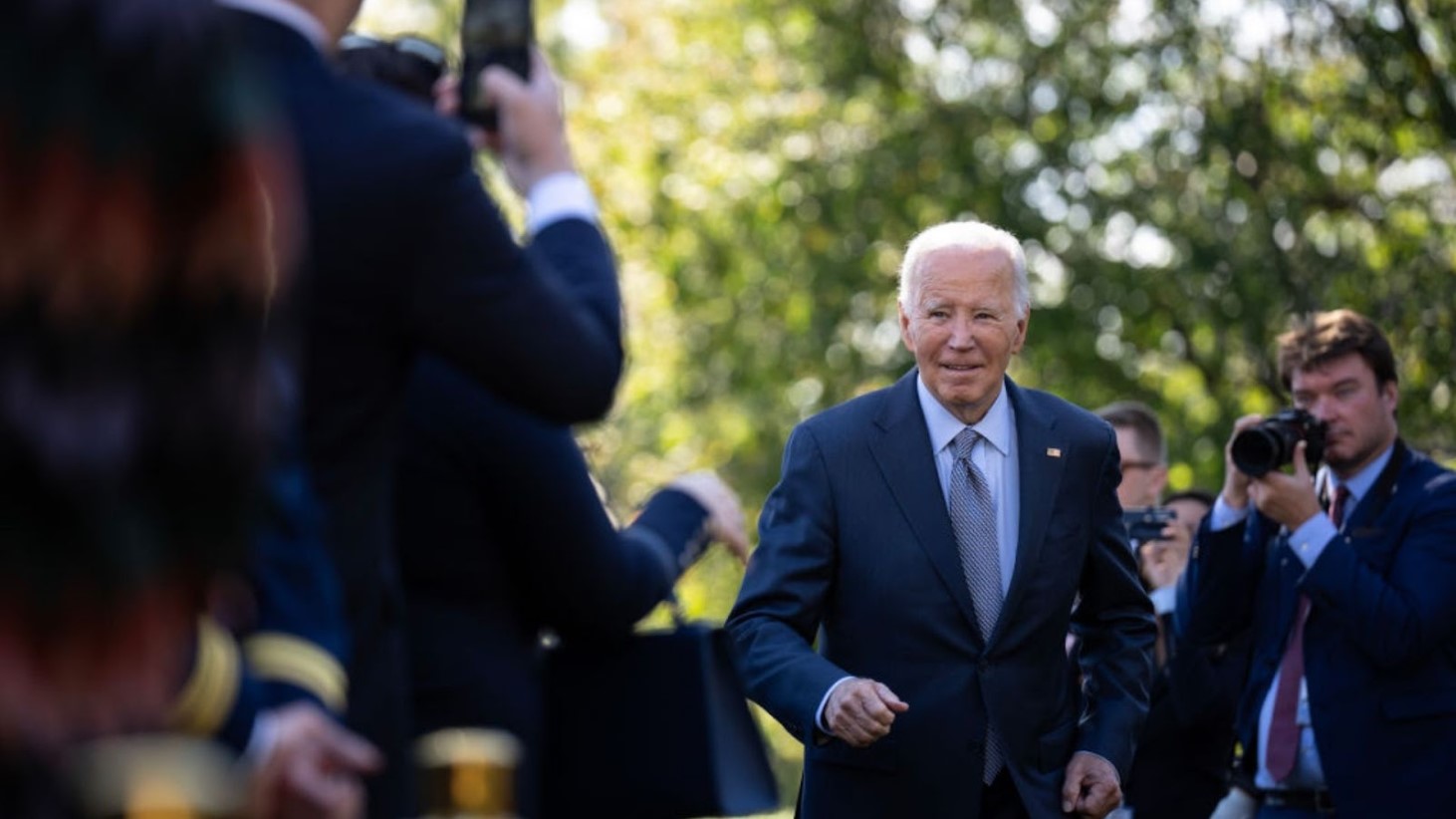
Source: Getty Images
These observable manifestations of age-related issues amplify concerns about the capacity of senior officials to effectively navigate the intricate and demanding contours of national and international governance.
Representative Hal Rogers
Representative Hal Rogers, at 85, exemplifies seasoned leadership having served Kentucky’s 5th congressional district for decades.
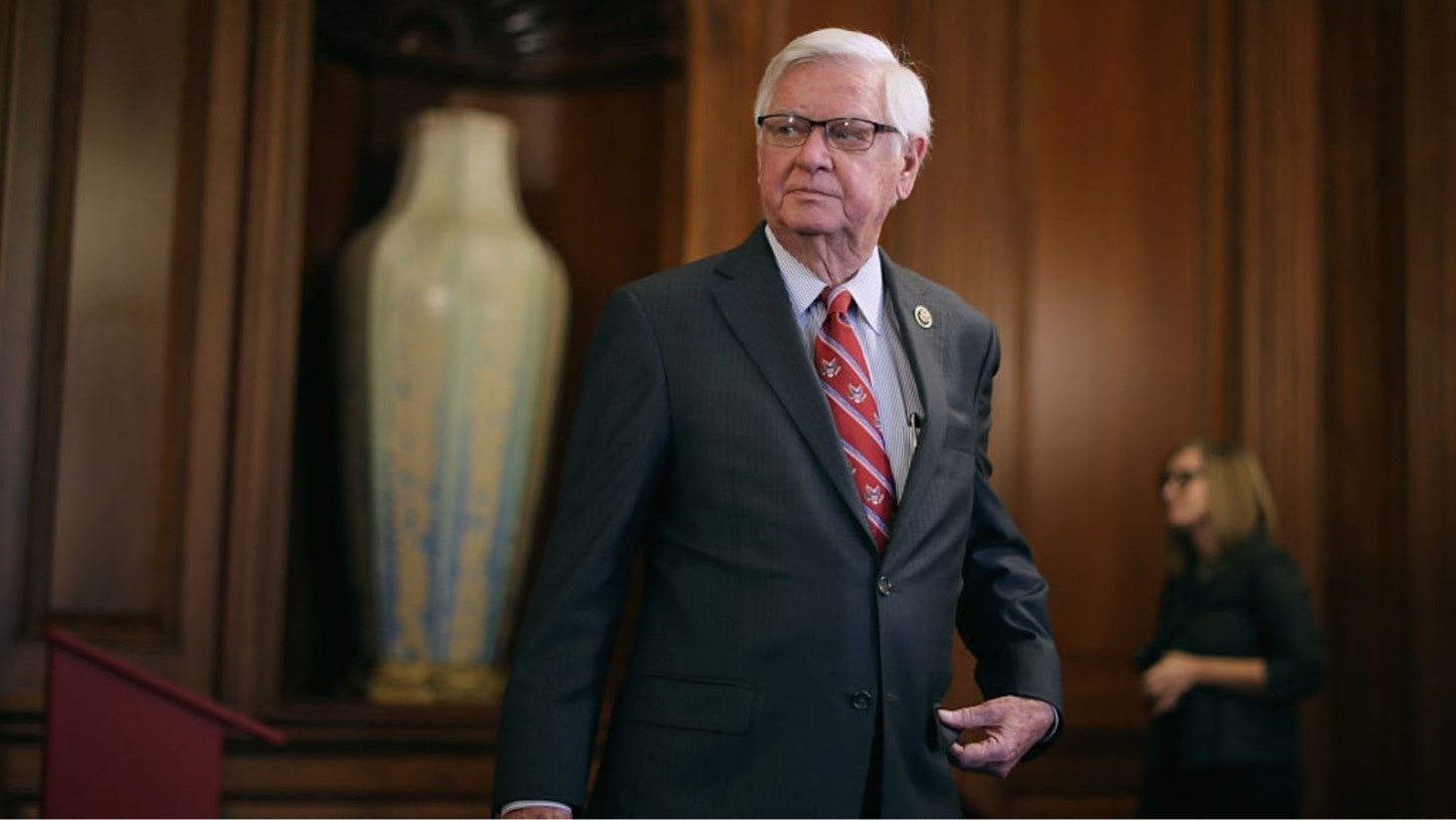
Source: Getty Images
His extensive experience, however, brings to the forefront the discussion around age and governance. The complex and rapidly changing global environment necessitates both wisdom and the energy, adaptability, and innovation often associated with younger generations.
Representative Maxine Waters
Representative Maxine Waters, another octogenarian in Congress, embodies resilience and tenacity. Yet, there are still physical and cognitive challenges to consider. The rigorous demands of public service require optimal health and mental acuity.
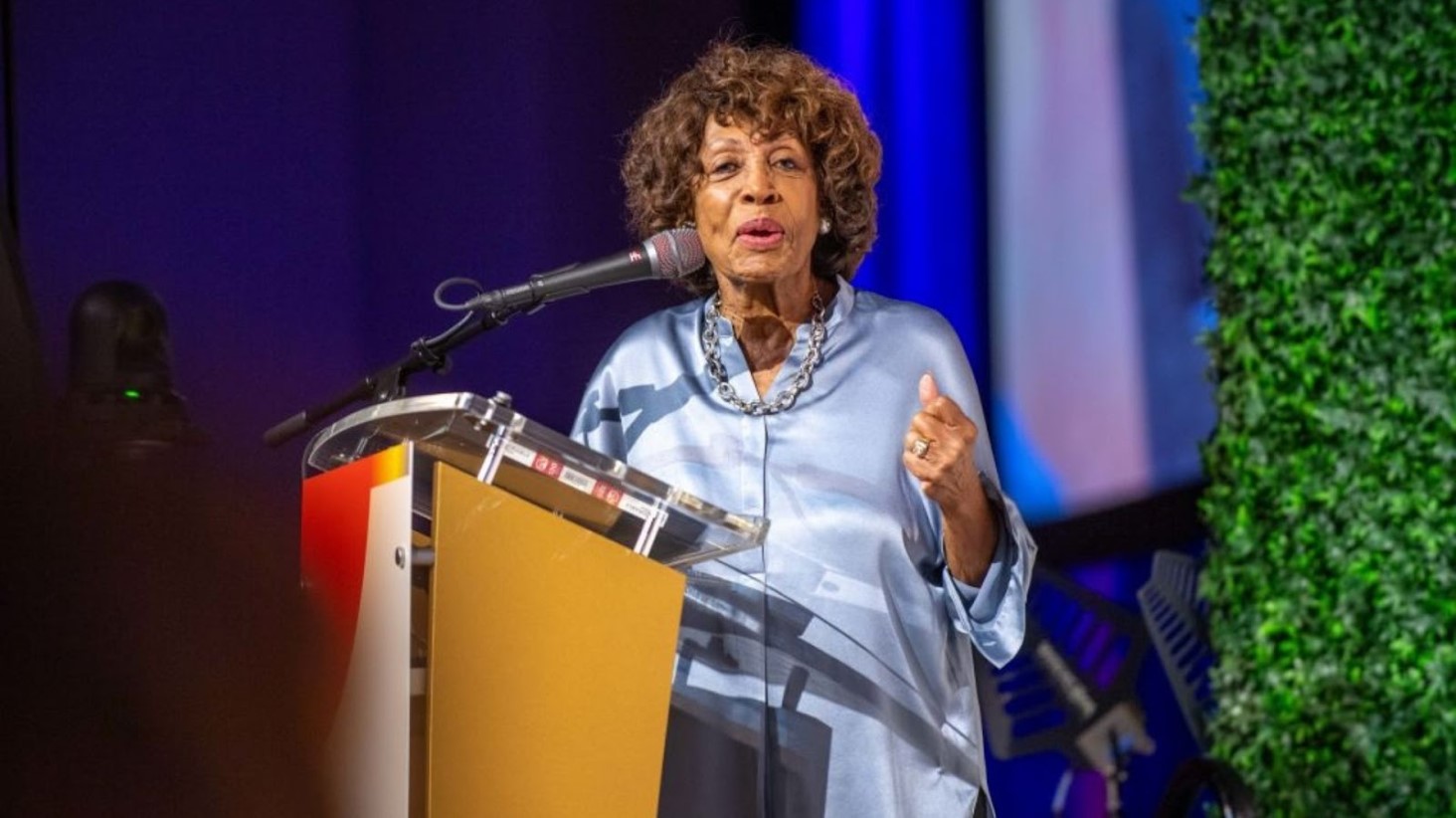
Source: Getty Images
Waters’ age and the associated natural decline amplify the call for age caps, aiming to ensure that representatives are at their physical and mental peak to effectively tackle the multifaceted challenges of our times.
Representative Steny Hoyer
Representative Steny Hoyer, now 84, is a testament to a lifetime of dedication to public service. His wealth of experience is invaluable; however, it also spotlights a pivotal concern.
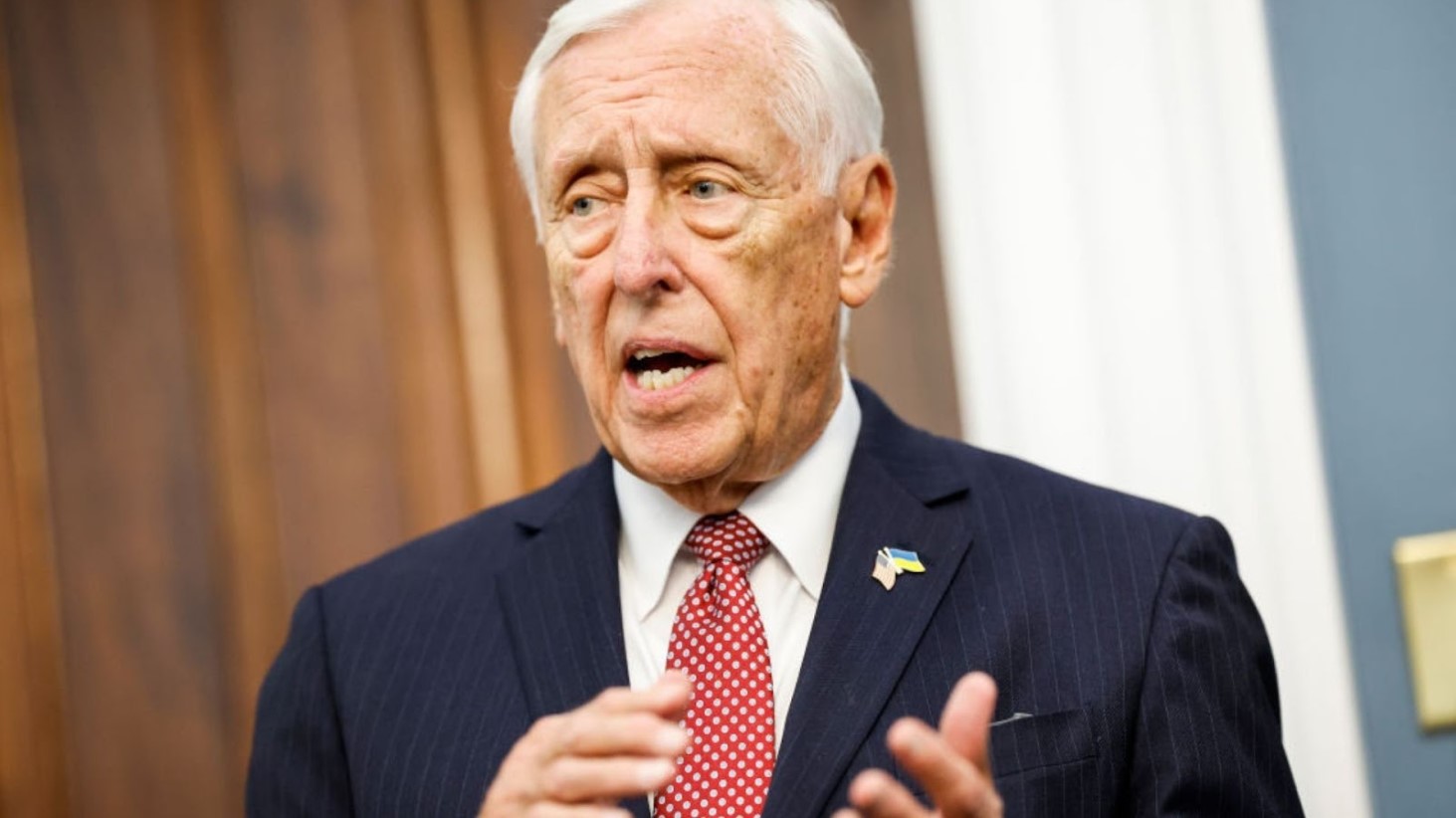
Source: Getty Images
The evolving complexities of the 21st century necessitate a Congress that is a blend of seasoned wisdom and the fresh, innovative insights characteristic of younger minds.
Representative Jim Clyburn
Representative James Clyburn, pursuing a 17th term at 83, has held influential positions in the House.
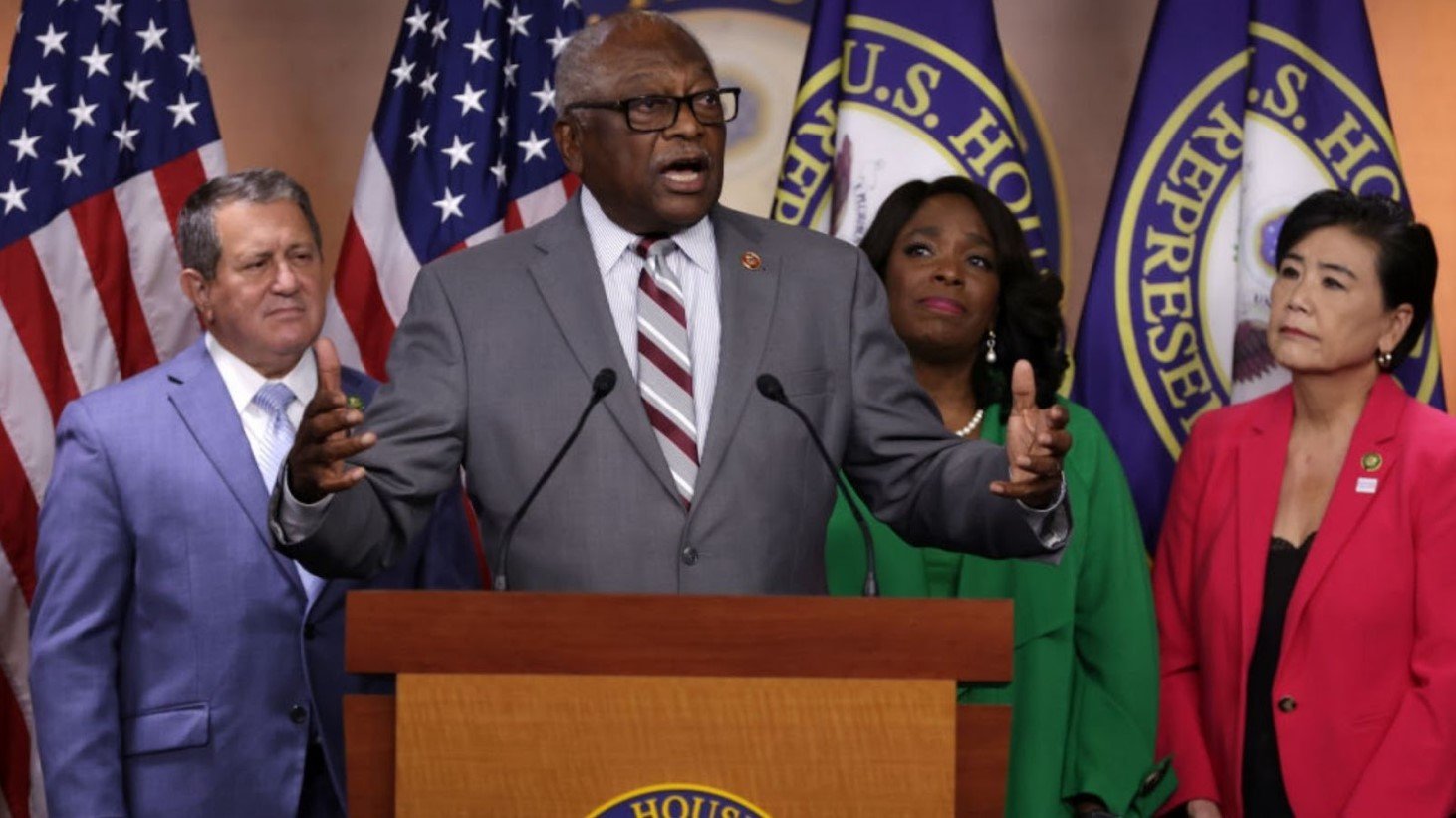
Source: Getty Images
His continued presence sparks discussions about the need for age caps to maintain a healthy equilibrium between experienced legislators and the emergence of new perspectives.
Representative Nancy Pelosi
Representative Nancy Pelosi, serving as Speaker of the House at 83, epitomizes a career of groundbreaking achievements. Yet, this accomplishment brings into sharp focus the underlying dialogue around age and leadership.
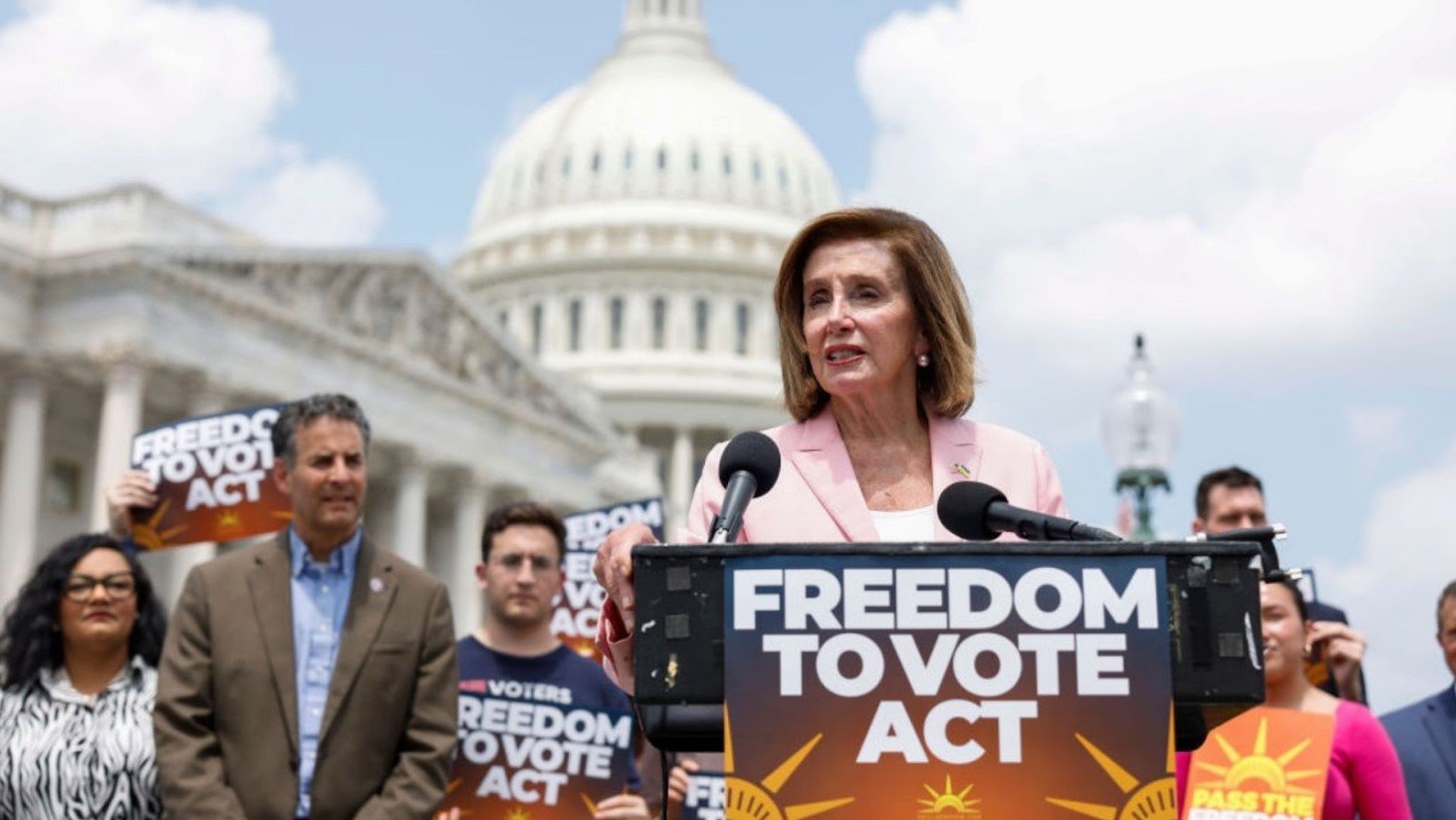
Source: Getty Images
Pelosi’s scenario accentuates the debate around age caps, emphasizing the necessity for a Congress that is as dynamic, diverse, and adaptable as the nation it represents. The balance between the wisdom of age and the innovation of youth becomes not just desirable, but essential for the holistic growth and progress of the nation.
